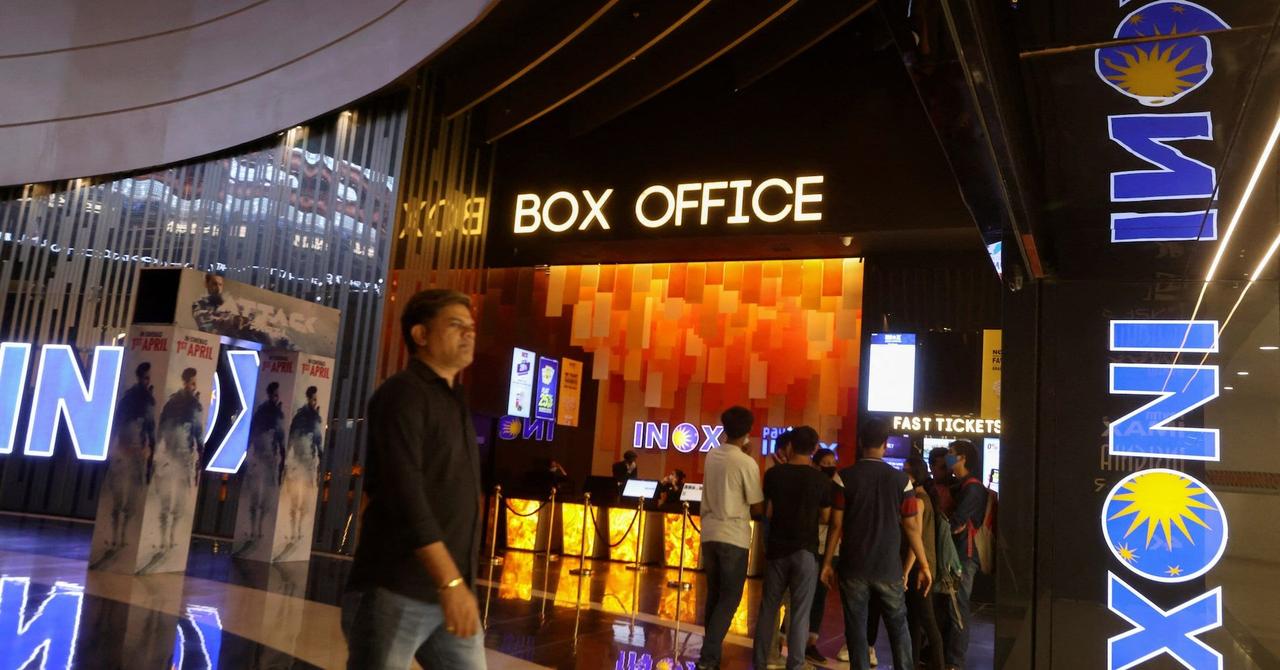AI Reshapes Bollywood: A Clash Between Innovation and Tradition
2 Sources
2 Sources
[1]
Bollywood reels as AI reshapes Indian films
Mumbai (AFP) - Bollywood, famed for its lavish song-and-dance numbers and vast production crews, now finds itself confronting a new kind of spectacle: artificial intelligence. From altering iconic endings to generating entire films, AI is shaking up India's multibillion-dollar film industry, raising alarm for some, excitement for others. The debate first erupted when producers re-released the 2013 hit "Raanjhanaa" with an AI-modified finale, when the Hindi film was dubbed into India's southern language of Tamil. The new ending changed the tragic death finale into a hopeful one -- with the protagonist's eyes seen to flicker open -- triggering outrage from director Aanand L. Rai and star Dhanush. They decried the change as a violation of creative rights. "This alternate ending has stripped the film of its very soul," Dhanush posted on social media, after the new version was released in August. "The concerned parties went ahead with it despite my clear objection," Dhanush said, calling the use of AI to alter films "a deeply concerning precedent for both art and artists". "It threatens the integrity of storytelling and the legacy of cinema", he added. Director Rai said that while AI is "definitely the future... it is not there to change the past". Then, days later, entertainment firm Collective Artists' Network announced India's first fully AI-generated feature film, "Chiranjeevi Hanuman -- The Eternal". The mythological epic, set for a 2026 release, aims to merge ancient legend with cutting-edge technology for a global audience, telling the story of the Hindu monkey god Hanuman. Not all filmmakers were impressed. "And so, it begins," wrote filmmaker Vikramaditya Motwane on social media. "Who needs writers and directors when it's 'Made in AI'?" 'Flesh and blood' The industry is bracing for a fight. On one side are those who see AI as a cost-saving disruptor capable of replacing armies of extras and technicians in Bollywood's famously labour-intensive productions. On the other are defenders of artistry, unpredictability, and human expression. Some see opportunity in using AI to boost traditional films. "I don't think AI means there can't be flesh and blood," said director Shakun Batra, who has created a five-part short film series using AI. "The best future would be when two skill sets merge." But he insists that technology must complement, not override, human creativity. "I don't encourage AI as a replacement to human endeavour of expression," said Batra, known for emotional Bollywood dramas such as "Ek Main Aur Ekk Tu", "Kapoor & Sons" and "Gehraiyaan". Veteran filmmaker Shekhar Kapur, director of classics such as "Masoom", "Mr. India", and the 1998 movie "Elizabeth" that was nominated for seven Academy Awards, shrugged off the threat. He said AI could not replace good storytelling. "The best stories are unpredictable and AI cannot handle unpredictability," he told AFP. "AI can't, at this moment, create great performances on screen -- because if you look at any big stars of this world, it is their eyes that act, not their face." Kapur said AI would be destructive only for filmmakers who rely on formulaic tropes. "If your movies are predictable... then of course, AI will destroy you," he added. "Perhaps some kid somewhere will be able to do what you are doing." Instead, he said AI, at its best, would open the industry to new ideas. "AI is a hugely democratic technology because it gives opportunities to those who would never get it," he said. "How many people in India can afford to go to film schools?" - 'Level the playing field' - The emergence of AI would initially hit high-budget films such as superhero movies where you are "relying on action", Kapur said. Kapur is actively integrating AI into his own work, and even plans to establish an AI-focused film school in Mumbai's Dharavi slum. "AI will empower creators, level the playing field for independent filmmakers, and even lead to the creation of entirely new, AI-generated movie stars and characters," he said. But filmmakers also point out that the future of movies lies in the hands of the audience. "Raanjhanaa" director Rai says he was comforted by the support of his fans backing the unchanged version, even 12 years after its original release. "The way they reacted to AI is much bigger than the way I reacted," he said. "It is more of their film than mine."
[2]
Bollywood reels as AI reshapes Indian films - The Economic Times
Bollywood, famed for its lavish song-and-dance numbers and vast production crews, artificial intelligence. On one side are those who see AI as a cost-saving disruptor capable of replacing armies of extras and technicians in Bollywood's famously labour-intensive productions.Mumbai, Sep 01, 2025 -Bollywood, famed for its lavish song-and-dance numbers and vast production crews, now finds itself confronting a new kind of spectacle: artificial intelligence. From altering iconic endings to generating entire films, AI is shaking up India's multibillion-dollar film industry, raising alarm for some, excitement for others. The debate first erupted when producers re-released the 2013 hit "Raanjhanaa" with an AI-modified finale, when the Hindi film was dubbed into India's southern language of Tamil. The new ending changed the tragic death finale into a hopeful one -- with the protagonist's eyes seen to flicker open -- triggering outrage from director Aanand L. Rai and star Dhanush. They decried the change as a violation of creative rights. "This alternate ending has stripped the film of its very soul," Dhanush posted on social media, after the new version was released in August. "The concerned parties went ahead with it despite my clear objection," Dhanush said, calling the use of AI to alter films "a deeply concerning precedent for both art and artists". "It threatens the integrity of storytelling and the legacy of cinema", he added. Director Rai said that while AI is "definitely the future... it is not there to change the past". Then, days later, entertainment firm Collective Artists' Network announced India's first fully AI-generated feature film, "Chiranjeevi Hanuman -- The Eternal". The mythological epic, set for a 2026 release, aims to merge ancient legend with cutting-edge technology for a global audience, telling the story of the Hindu monkey god Hanuman. Not all filmmakers were impressed. "And so, it begins," wrote filmmaker Vikramaditya Motwane on social media. "Who needs writers and directors when it's 'Made in AI'?" 'Flesh and blood' The industry is bracing for a fight. On one side are those who see AI as a cost-saving disruptor capable of replacing armies of extras and technicians in Bollywood's famously labour-intensive productions. On the other are defenders of artistry, unpredictability, and human expression. Some see opportunity in using AI to boost traditional films. "I don't think AI means there can't be flesh and blood," said director Shakun Batra, who has created a five-part short film series using AI. "The best future would be when two skill sets merge." But he insists that technology must complement, not override, human creativity. "I don't encourage AI as a replacement to human endeavour of expression," said Batra, known for emotional Bollywood dramas such as "Ek Main Aur Ekk Tu", "Kapoor & Sons" and "Gehraiyaan". Veteran filmmaker Shekhar Kapur, director of classics such as "Masoom", "Mr. India", and the 1998 movie "Elizabeth" that was nominated for seven Academy Awards, shrugged off the threat. He said AI could not replace good storytelling. "The best stories are unpredictable and AI cannot handle unpredictability," he told AFP. "AI can't, at this moment, create great performances on screen -- because if you look at any big stars of this world, it is their eyes that act, not their face." Kapur said AI would be destructive only for filmmakers who rely on formulaic tropes. "If your movies are predictable... then of course, AI will destroy you," he added. "Perhaps some kid somewhere will be able to do what you are doing." Instead, he said AI, at its best, would open the industry to new ideas. "AI is a hugely democratic technology because it gives opportunities to those who would never get it," he said. "How many people in India can afford to go to film schools?" 'Level the playing field' The emergence of AI would initially hit high-budget films such as superhero movies where you are "relying on action", Kapur said. Kapur is actively integrating AI into his own work, and even plans to establish an AI-focused film school in Mumbai's Dharavi slum. "AI will empower creators, level the playing field for independent filmmakers, and even lead to the creation of entirely new, AI-generated movie stars and characters," he said. But filmmakers also point out that the future of movies lies in the hands of the audience. "Raanjhanaa" director Rai says he was comforted by the support of his fans backing the unchanged version, even 12 years after its original release. "The way they reacted to AI is much bigger than the way I reacted," he said. "It is more of their film than mine."
Share
Share
Copy Link
Artificial Intelligence is making waves in Bollywood, India's multibillion-dollar film industry, sparking debates about creative rights, cost-saving potential, and the future of filmmaking.
AI Sparks Controversy in Bollywood
The Indian film industry, renowned for its extravagant productions, is facing a new challenge: artificial intelligence. From altering iconic endings to generating entire films, AI is reshaping Bollywood, igniting a heated debate among filmmakers and industry professionals
1
.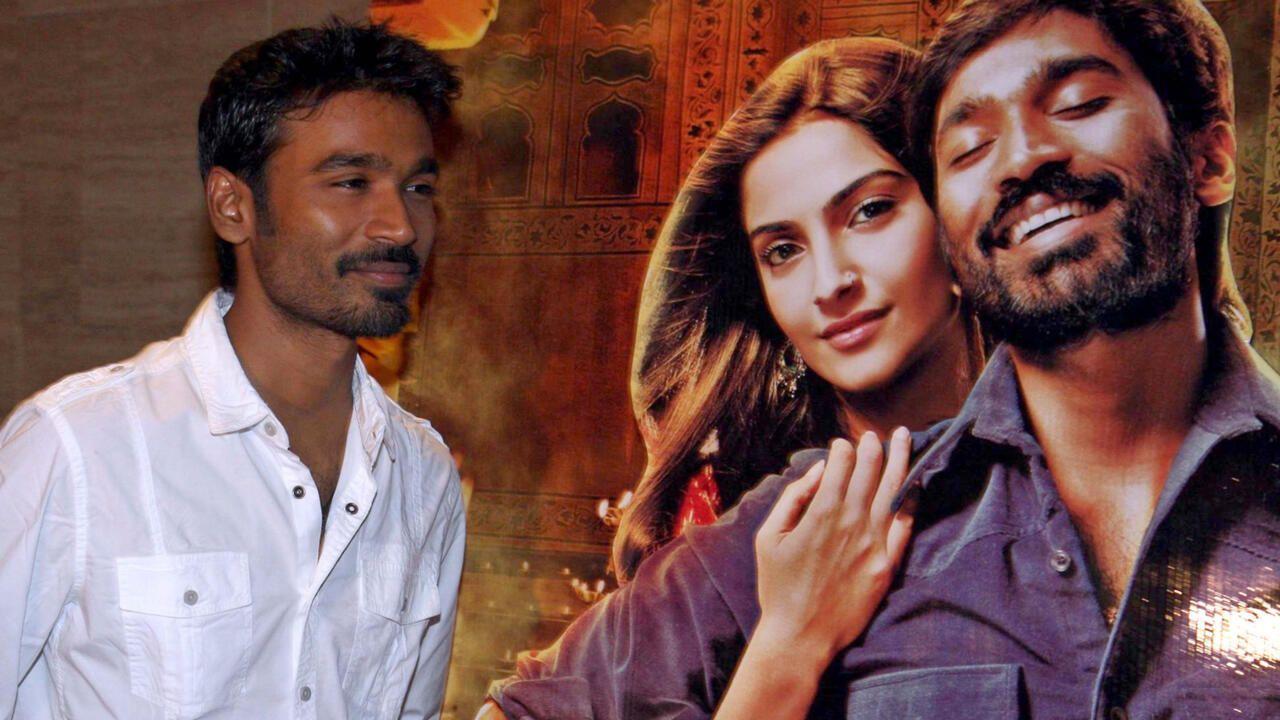
Source: France 24
The controversy began when producers re-released the 2013 hit "Raanjhanaa" with an AI-modified ending for its Tamil dub. The alteration, which changed the tragic finale to a hopeful one, sparked outrage from director Aanand L. Rai and star Dhanush. They condemned the change as a violation of creative rights, with Dhanush stating, "This alternate ending has stripped the film of its very soul"
1
.AI-Generated Films: A New Frontier
Adding fuel to the fire, entertainment firm Collective Artists' Network announced India's first fully AI-generated feature film, "Chiranjeevi Hanuman -- The Eternal." Set for a 2026 release, this mythological epic aims to blend ancient legend with cutting-edge technology
2
.The announcement drew mixed reactions from the industry. Filmmaker Vikramaditya Motwane sarcastically commented, "And so, it begins. Who needs writers and directors when it's 'Made in AI'?"
1
.Industry Divided: Opportunity vs. Threat
The Bollywood community is split on the impact of AI. Some view it as a cost-saving disruptor capable of replacing large production crews, while others defend the irreplaceable value of human artistry and expression
2
.Director Shakun Batra, who has created an AI-assisted short film series, sees potential in merging AI with traditional filmmaking. He states, "I don't think AI means there can't be flesh and blood. The best future would be when two skill sets merge"
1
.Related Stories
Veteran Filmmakers Weigh In
Shekhar Kapur, director of acclaimed films like "Elizabeth," dismisses the threat of AI replacing good storytelling. He argues, "The best stories are unpredictable and AI cannot handle unpredictability"
2
.Kapur believes AI could democratize filmmaking, providing opportunities to those who can't afford traditional film schools. He's even planning to establish an AI-focused film school in Mumbai's Dharavi slum
1
.The Future of AI in Bollywood
As the debate rages on, some filmmakers see AI as a tool to enhance creativity rather than replace it. Kapur predicts that AI will initially impact high-budget, action-heavy films but ultimately "empower creators, level the playing field for independent filmmakers, and even lead to the creation of entirely new, AI-generated movie stars and characters"
2
.However, the future of AI in Bollywood may ultimately be decided by the audience. As "Raanjhanaa" director Rai notes, the strong fan reaction against the AI-modified ending shows that viewers still value the original artistic vision
1
.References
Summarized by
Navi
[1]
Related Stories
AI-Generated Video Revolutionizes Creative Industry, Sparking Excitement and Concern
08 Jul 2025•Technology
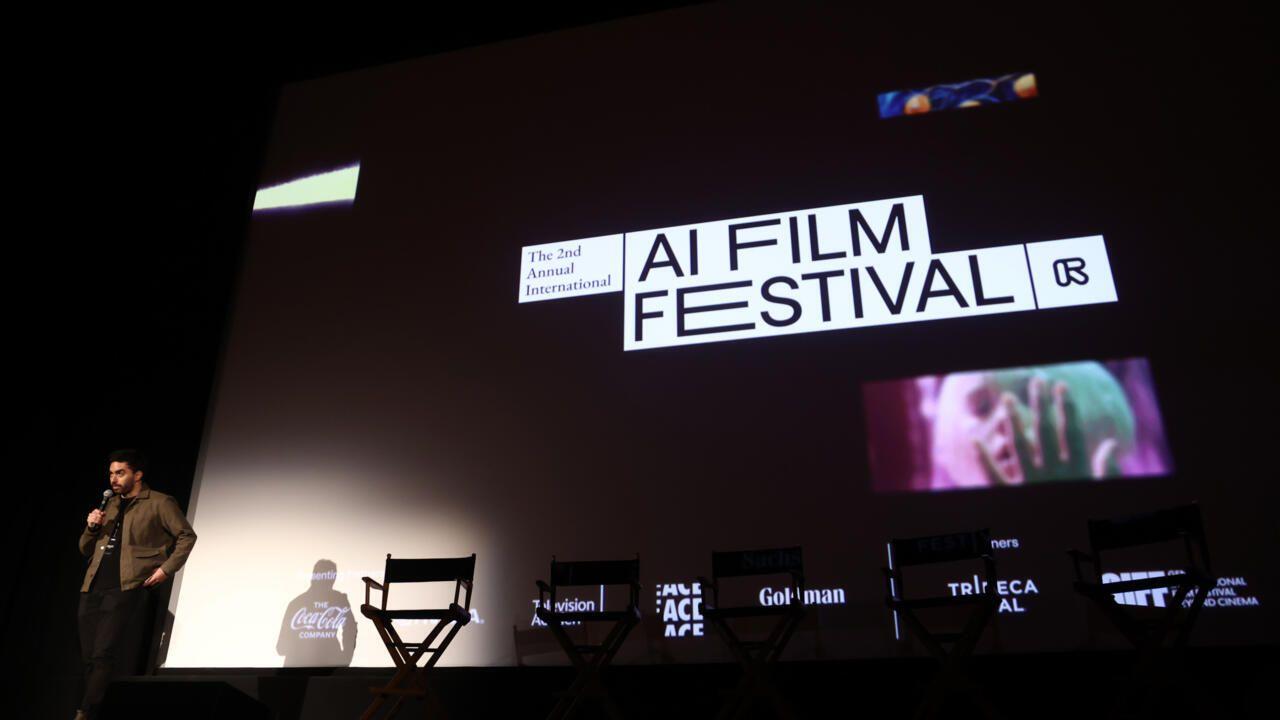
Rana Daggubati says AI in cinema lets filmmakers watch movies before shooting even begins
16 Feb 2026•Entertainment and Society
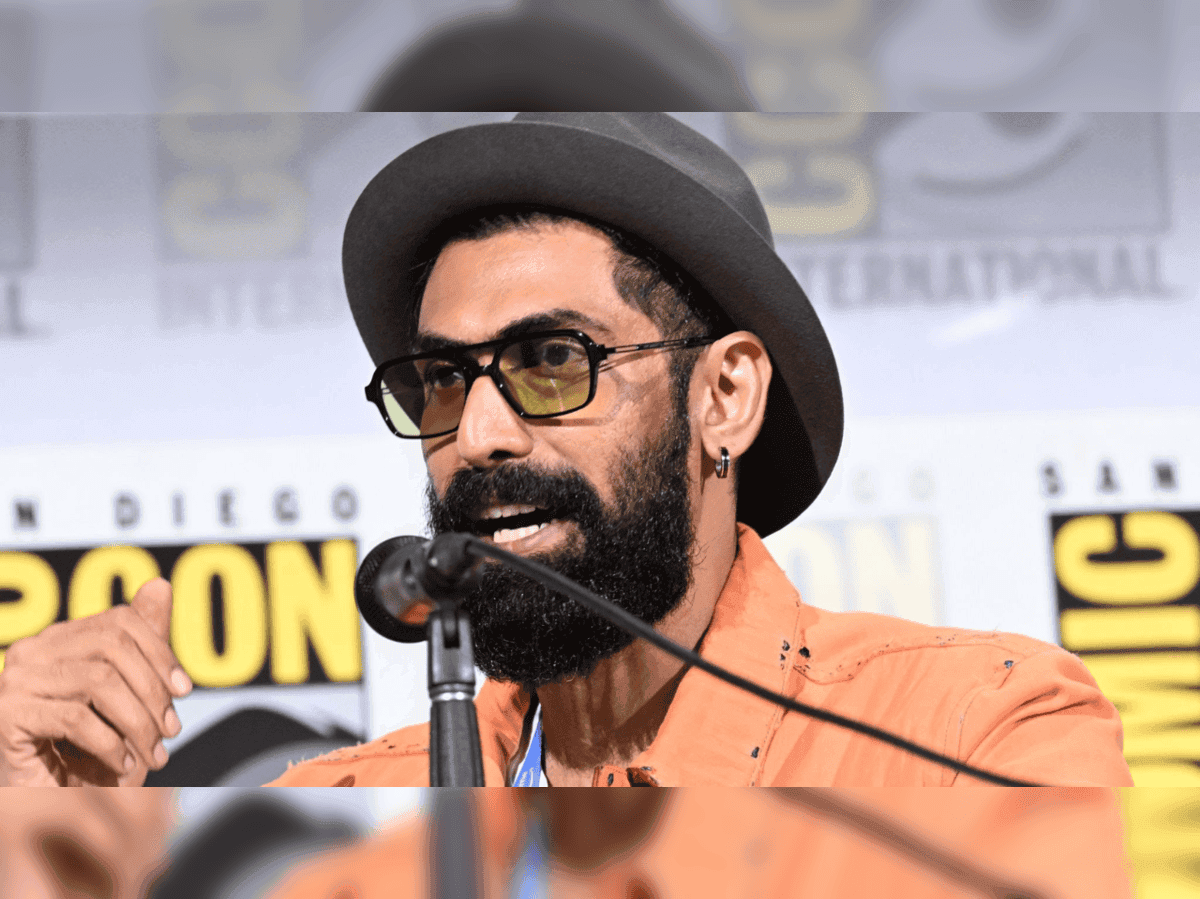
AI-Altered 'Raanjhanaa' Sparks Controversy: Director and Actor Condemn Unauthorized Changes
31 Jul 2025•Entertainment and Society
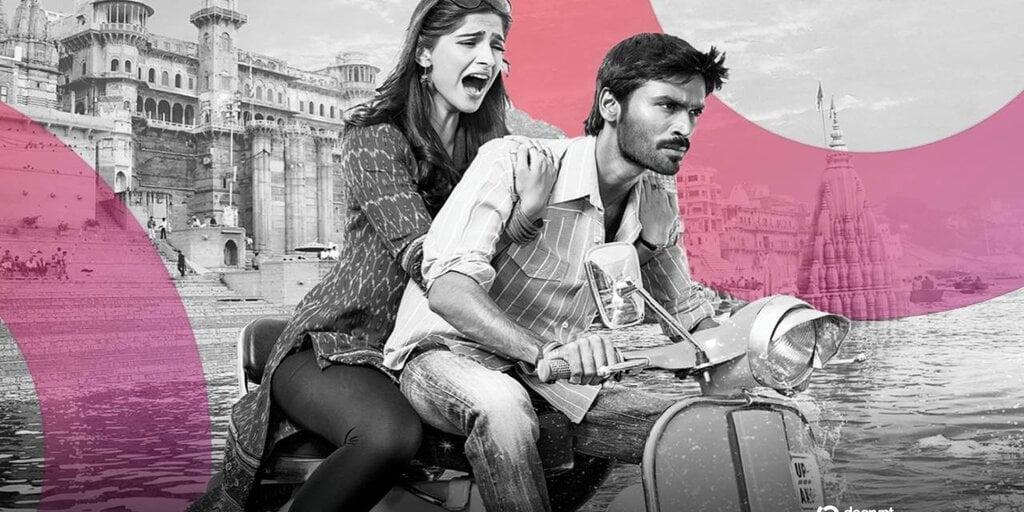
Recent Highlights
1
Pentagon threatens Anthropic with Defense Production Act over AI military use restrictions
Policy and Regulation

2
Google Gemini 3.1 Pro doubles reasoning score, beats rivals in key AI benchmarks
Technology

3
Anthropic accuses Chinese AI labs of stealing Claude through 24,000 fake accounts
Policy and Regulation

